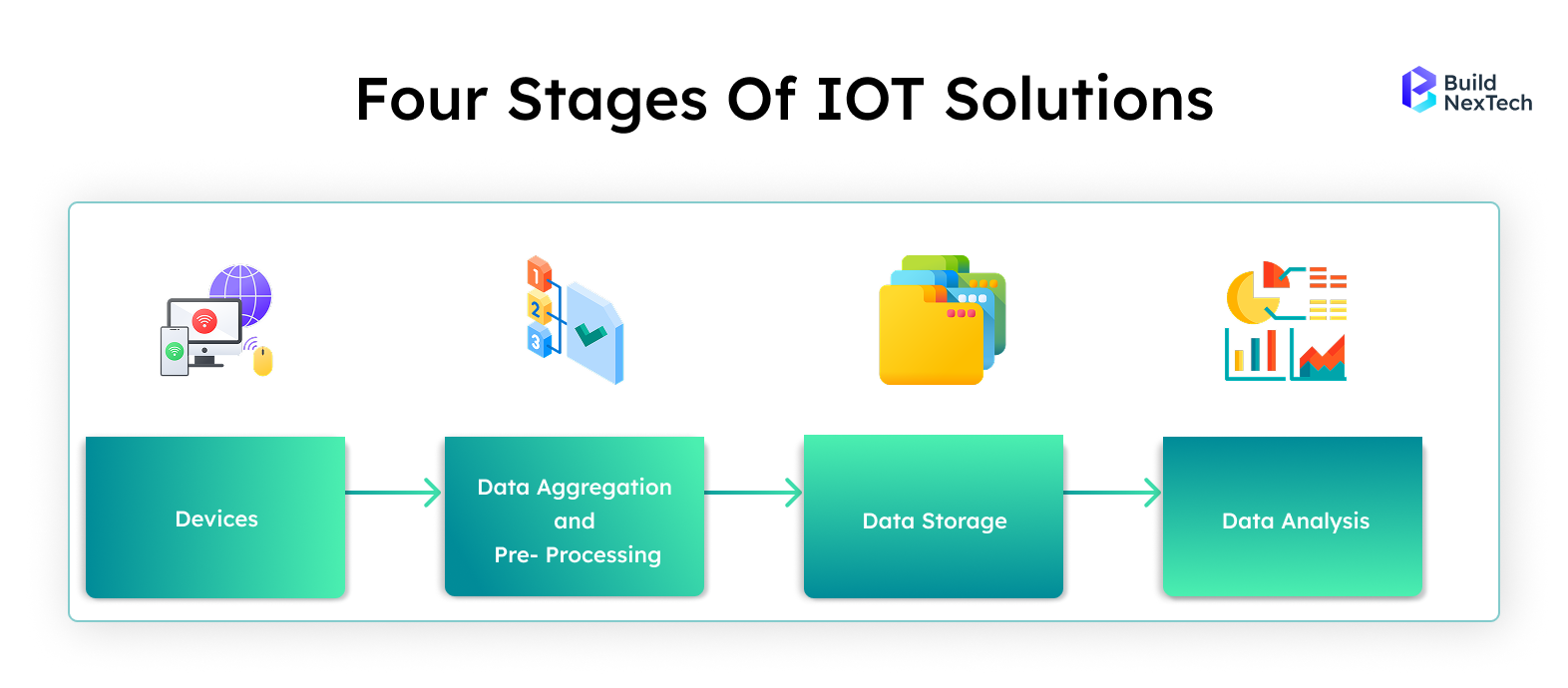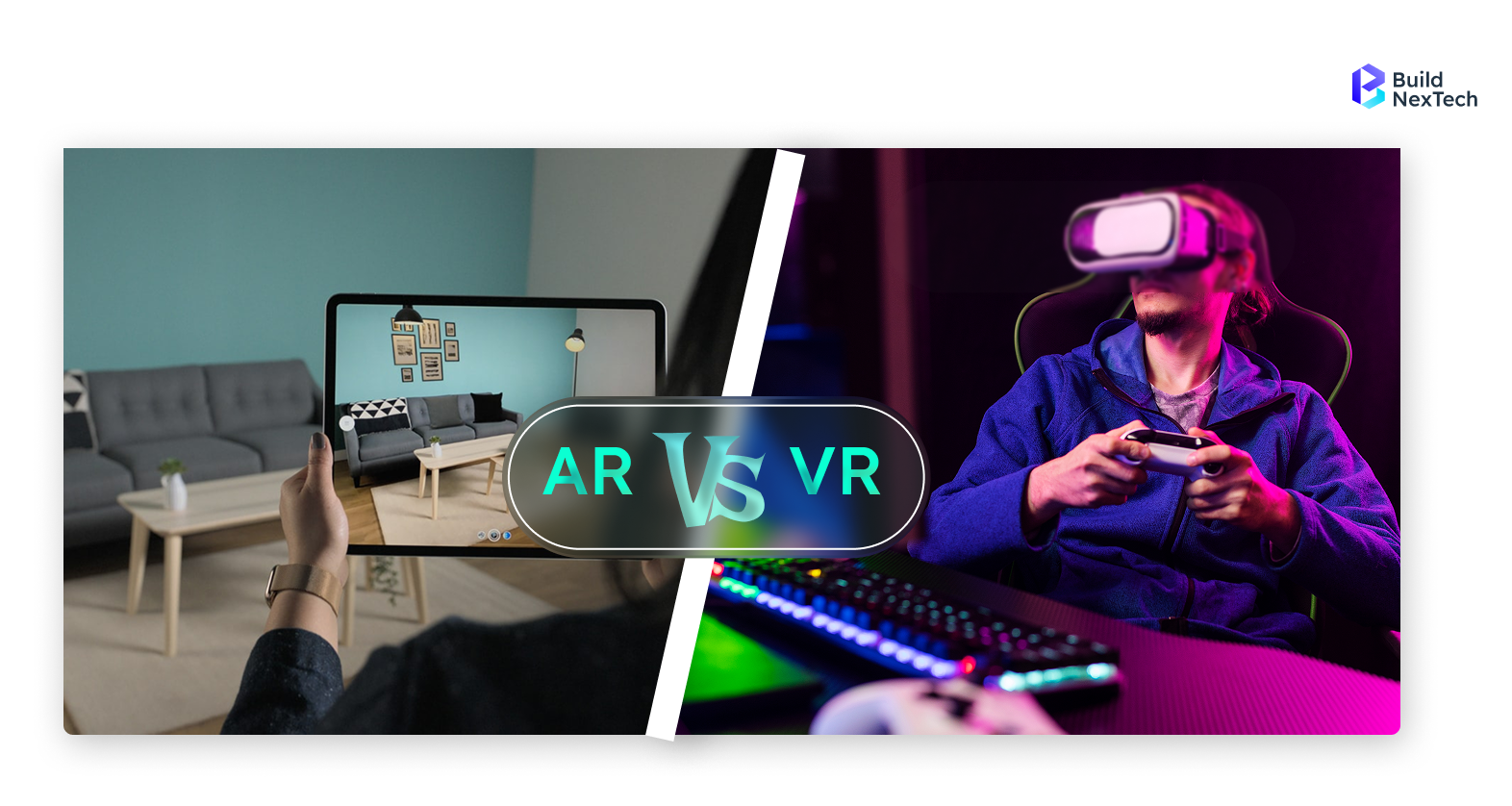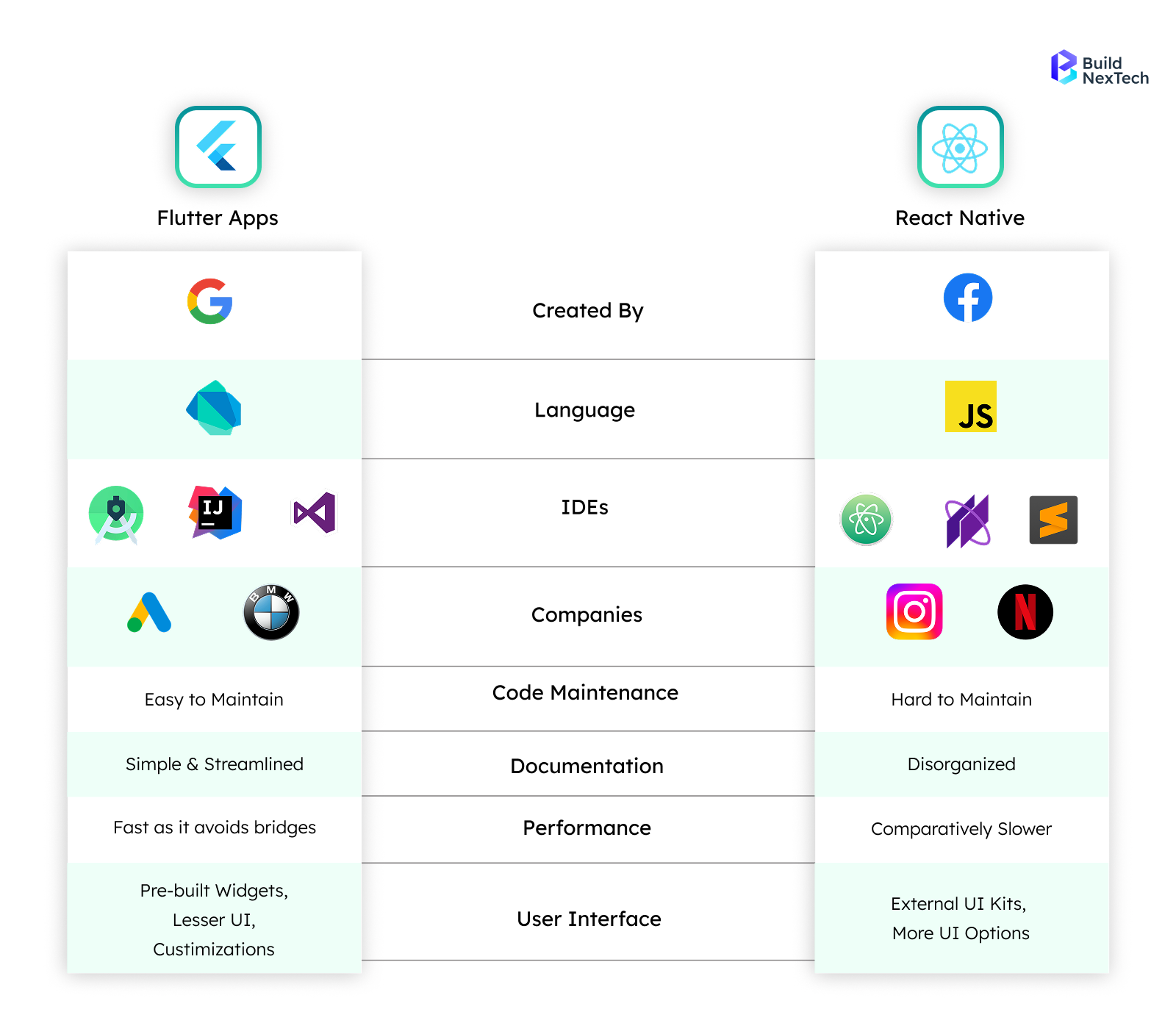The mobile app development industry is evolving at an unprecedented pace, shaped by rapid advances in technologies, shifting user preferences, and an ever-expanding mobile app market. In 2025, developers and businesses alike must stay informed about the latest mobile app development trends to remain competitive and deliver exceptional user experiences across diverse mobile devices.
This article explores the top app development trends set to define 2025, focusing on emerging technologies, development approaches, and market shifts that are transforming the way we build and use mobile applications.
✨ Key Insights from this article
- Discover the top mobile app development trends shaping 2025, from 5G and AI to blockchain and IoT integration.
- Understand how emerging technologies enhance user experience, app security, and performance across diverse mobile devices.
- Learn the benefits of cross-platform development, PWAs, and low-code platforms for faster, cost-effective app delivery.
- Explore the growing role of voice interfaces, AR/VR, and big data analytics in creating personalized and immersive app experiences.
- Gain insights into how AI-powered automation is revolutionizing mobile app testing and accelerating time-to-market.
Emerging Industry Trends Shaping Mobile Apps
The mobile app industry is constantly evolving, driven by technological advancements and shifting consumer expectations. In this section, we’ll explore some of the most prominent trends currently influencing mobile app development. These trends are not only reshaping how apps are built and function but also how users interact with them, offering exciting opportunities for developers and businesses alike.
The Shift Toward 5G-Enabled Mobile Applications
One of the most transformative forces in the mobile ecosystem is the rapid global adoption of 5G technology. With an impressive annual growth rate in 5G-enabled devices, this next-generation network is empowering developers to build apps capable of handling real-time data processing and delivering immersive experiences like never before.

Thanks to its ultra-low latency and blazing-fast speeds, 5G allows apps to support advanced functionalities such as:
- Extended Reality (XR) experiences, including Augmented Reality (AR) and Virtual Reality (VR) applications that overlay digital content onto the real world or create fully virtual environments;
- High-quality video streaming and cloud-based gaming that require seamless data flow without buffering;
- Instantaneous synchronization with a growing ecosystem of connected devices and wearable technology, enabling truly integrated user experiences.
This connectivity revolution results in highly responsive interactions across a wide variety of devices- from smartphones and tablets to foldable displays- significantly boosting user engagement and overall satisfaction.
Increasing Demand for AI-Driven User Experiences
Artificial Intelligence (AI) and machine learning (ML) continue to reshape the way users engage with mobile apps, turning static applications into dynamic, intelligent platforms. AI integration is no longer a luxury but a core expectation driving app innovation.
AI enhances mobile apps by:
- Powering virtual assistants that utilize natural language processing (NLP) and voice commands to deliver intuitive, conversational interactions, making it easier for users to navigate and control apps hands-free;
- Leveraging predictive analytics to tailor app content and features based on individual user behavior, preferences, and past interactions, which significantly improves personalization;
- Automating repetitive tasks within apps, streamlining customer service workflows, and reducing user friction for smoother experiences.
This surge in AI adoption leads to apps that are smarter, anticipating user expectations and delivering highly personalized experiences at scale, which in turn drives higher user retention and conversion rates.
Growth of IoT Integration in Mobile Apps
The proliferation of smart devices and fitness trackers has accelerated the integration of the Internet of Things (IoT) within mobile apps. IoT apps act as the central hub, connecting and controlling an extensive range of devices from wearables to smart home systems and industrial sensors.

Examples of IoT-enabled mobile apps include:
- Health and wellness apps that monitor metrics such as heart rate and physical activity through wearables;
- Home automation apps that manage lighting, security systems, and appliances for convenience and energy efficiency;
- Supply chain and asset management solutions that track inventory and logistics in real time.
This seamless connectivity not only improves convenience but also enhances efficiency and safety, creating a broad spectrum of real-world applications across personal, commercial, and industrial domains.
Focus on Enhanced Mobile App Security Protocols
As mobile apps increasingly handle sensitive information- ranging from financial transactions to personal health data- security has become a paramount concern. The rise of blockchain technology and decentralized applications (dApps) within mobile apps is strengthening data integrity and ensuring transparency.
Other notable security trends include:
- Adoption of biometric authentication methods such as fingerprint scans and facial recognition, providing secure and convenient access;
- Implementation of advanced encryption techniques protecting data both in transit and at rest, mitigating risks of interception or breach;
- Rigorous compliance with evolving privacy regulations (e.g., GDPR, CCPA) to safeguard user privacy and build user trust.
Security-centric app design not only protects users but also fosters brand loyalty and competitive advantage in the ever-growing mobile app market.
Rise of Augmented Reality (AR) and Virtual Reality (VR) in Mobile App Development

The demand for immersive experiences is fueling rapid growth in mobile apps that leverage AR and VR technologies. These tools open new frontiers for mobile commerce, education, entertainment, and beyond.
Examples include:
- AR apps offering real estate virtual tours and interactive marketing campaigns that blend digital elements with real-world environments;
- VR applications providing immersive training simulations for industries such as healthcare, manufacturing, and corporate learning;
- Social media platforms incorporating AR filters and effects, engaging users with dynamic, creative content.
The fusion of AR/VR with mobile technology unlocks innovative app experiences that captivate users and offer novel ways to interact with digital content.
Expansion of Cross-Platform Mobile App Development Frameworks and Services
To address rising device diversity and development costs, the industry is gravitating toward cross-platform development. Frameworks like React Native and Flutter empower developers to write a single codebase that runs seamlessly on Android, iOS, and even the web.

When combined with low-code platforms, cross-platform development democratizes app creation, enabling non-technical users and small teams to launch powerful applications faster than ever before.
Growing Popularity of Progressive Web Apps (PWAs) in Mobile Technology
Progressive Web Apps (PWAs) blur the lines between traditional websites and native apps, offering a fast, responsive, and installation-free user experience accessible via any browser.
PWAs provide:
- Offline functionality that keeps apps usable even without network connectivity;
- Rapid loading times, improving user retention and engagement;
This approach is particularly valuable in markets with fragmented device ecosystems or limited connectivity, supporting the growing demand for seamless user experiences that work across any device.
Popular PWA Technologies and Platforms:
- Google Workbox: A set of libraries and tools to help build offline-first PWAs.
- Ionic Framework: Offers support for building PWAs alongside native apps using a single codebase. Explore Ionic PWAs
- Microsoft PWABuilder: A platform to easily create PWAs from existing websites with built-in tools.
- Angular PWA: Angular’s built-in support for building progressive web applications. Angular PWA Guide
These technologies empower developers to build high-performance PWAs that provide native-like experiences directly through the browser.
Use of Blockchain Technology for Mobile App Security and Transparency
Blockchain’s decentralized ledger system is finding increasing application in mobile apps beyond cryptocurrencies. Its inherent transparency and security features enable:
- Secure mobile wallets that protect financial transactions;
- Transparent supply chain apps that verify product authenticity and provenance;
- Decentralized identity management solutions enhancing user privacy and reducing fraud.
This integration aligns with the broader expansion of the blockchain market, driving mobile apps toward highly secure, tamper-resistant architectures.
Enhanced Personalization Through Big Data Analytics in Mobile Apps
Versatile apps accumulate tremendous datasets on client behavior, inclinations, and real-time utilization designs. Leveraging big data analytics, developers can:
- Segment users for personalized marketing campaigns;
- Dynamically recommend content and features tailored to individual habits;
- Adapt app interfaces to optimize usability and engagement.
This data-driven approach plays a crucial role in improving customer experience, boosting app users’ engagement, and fostering loyalty.
The Growing Impact of AI Technology in Mobile Applications
AI technologies are rapidly becoming essential in shaping the future of mobile app development by significantly enhancing app capabilities and user experiences. From powering smart virtual assistants to processing vast amounts of real-time data, AI improves the intelligence, responsiveness, and adaptability of mobile applications.
Developers leverage AI to:
- Deliver Predictive and Personalized Content:
AI analyzes user behavior, preferences, and contextual data to offer tailored recommendations, dynamic content, and personalized interfaces, which increase user engagement and satisfaction. - Enable Voice Commands and Conversational Interfaces:
Advanced natural language processing (NLP) allows apps to understand and respond to voice inputs and text conversations, facilitating hands-free interaction and more intuitive communication through virtual assistants and chatbots. - Automate Routine Tasks and Enhance Customer Service:
AI-powered automation streamlines repetitive or complex tasks within apps, such as scheduling, notifications, and support queries, improving efficiency while reducing manual workload and response times. - Improve App Intelligence and Responsiveness:
Machine learning models enable apps to continuously learn from user interactions, adapting functionality and anticipating user needs to deliver smarter, context-aware experiences. - Enhance Security and Fraud Detection:
AI algorithms help identify unusual patterns and potential security threats in real-time, protecting users and their data from fraud and cyberattacks.
By integrating these AI-driven capabilities, mobile apps meet elevated user expectations for convenience, speed, and personalized engagement- solidifying AI as a foundational pillar in modern mobile app development.
Conclusion: Preparing for the Future of Mobile App Development in 2025
As mobile technologies rapidly evolve, choosing the right mobile app development company has never been more critical. Businesses across industries are seeking custom mobile app development services that are scalable, future-ready, and aligned with their growth goals. At BuildNexTech, we position ourselves as a leading mobile app development agency, trusted by global brands for delivering results.
Whether you're exploring partnerships with a mobile app development company in India, Dubai, or the USA, BuildNexTech offers the agility and expertise of a reliable mobile app development firm. From cross platform mobile app development to specialized solutions like AI chatbot development and ecommerce mobile app development, we understand what it takes to thrive in a competitive digital environment.
Our approach caters to enterprises, startups, and visionaries looking for a top mobile app development company, one that can deliver both innovation and stability. As a trusted web and mobile app development company, we also support businesses focused on building the best AI apps for Android and more.
Looking to work with an experienced custom mobile app development company or a proven react native mobile app development company? Want a partner who understands the value of secure, enterprise-grade solutions like an enterprise mobile app development company or a flutter mobile app development company? You’re in the right place.
BuildNexTech is ready to support your journey with powerful mobile app development solutions, backed by transparent processes and future-ready thinking.
People Also Ask
What programming languages are most popular for mobile app development in 2025?
Popular languages in 2025 include Kotlin and Java for Android, Swift for iOS, and JavaScript/TypeScript with cross-platform frameworks like React Native and Flutter.
What impact will wearable technology have on app development trends?
Wearable devices drive demand for lightweight, real-time monitoring apps that integrate health, fitness, and IoT data, pushing developers to design highly responsive and energy-efficient apps.
What are the biggest challenges faced by cross-platform app development?
Cross-platform challenges include maintaining native-like performance, handling platform-specific features, and debugging complexities.
What role does mobile app analytics play in app development?
Mobile app analytics help track user behavior and app performance, guiding improvements and personalized experiences.


























.webp)
.webp)
.webp)

